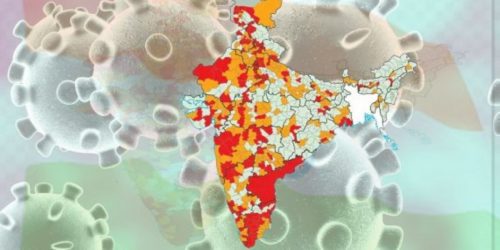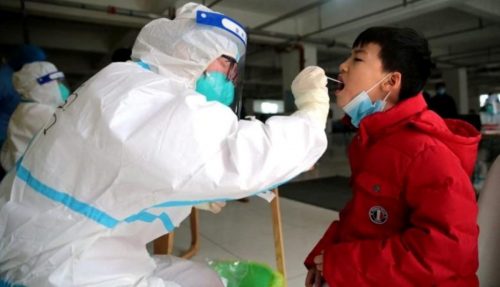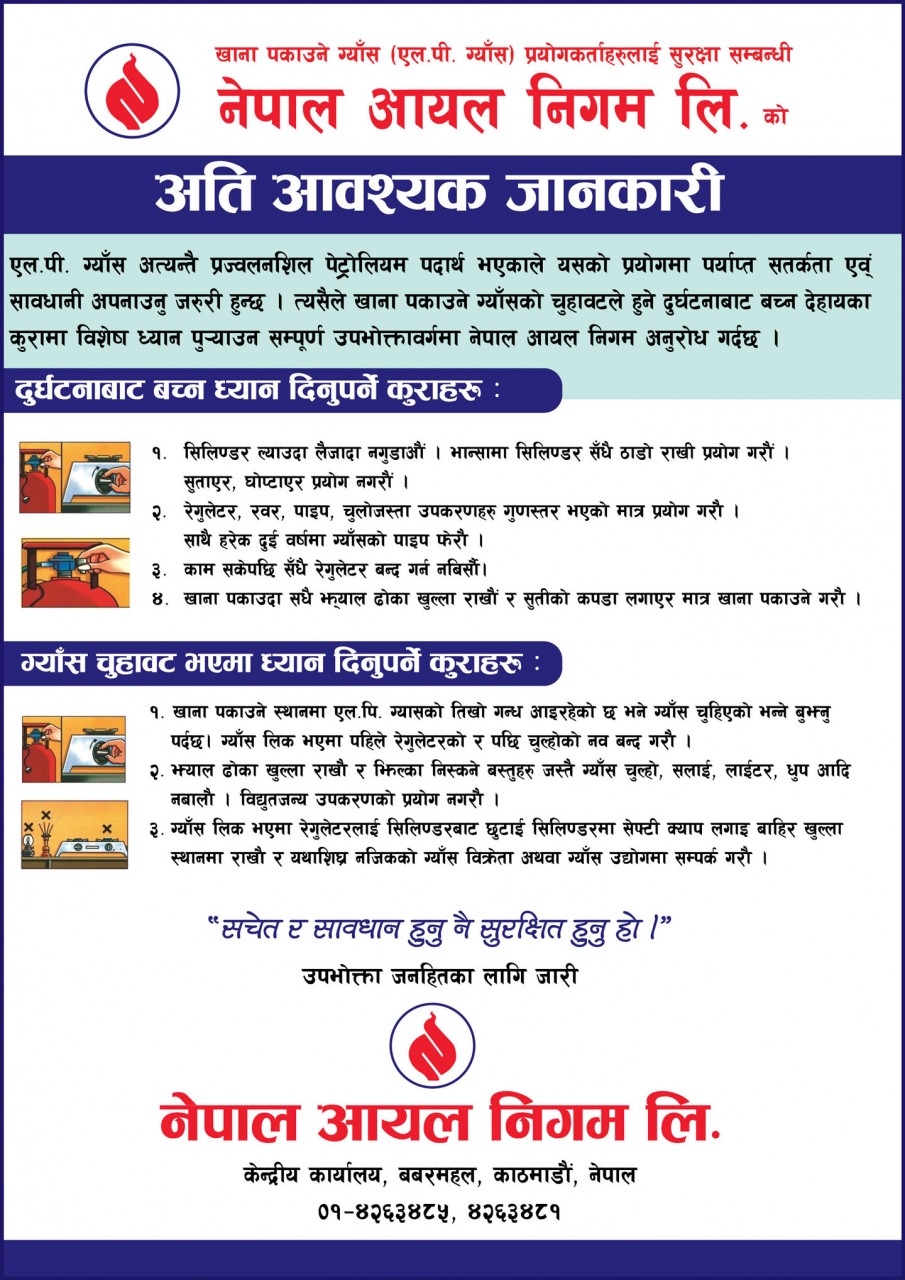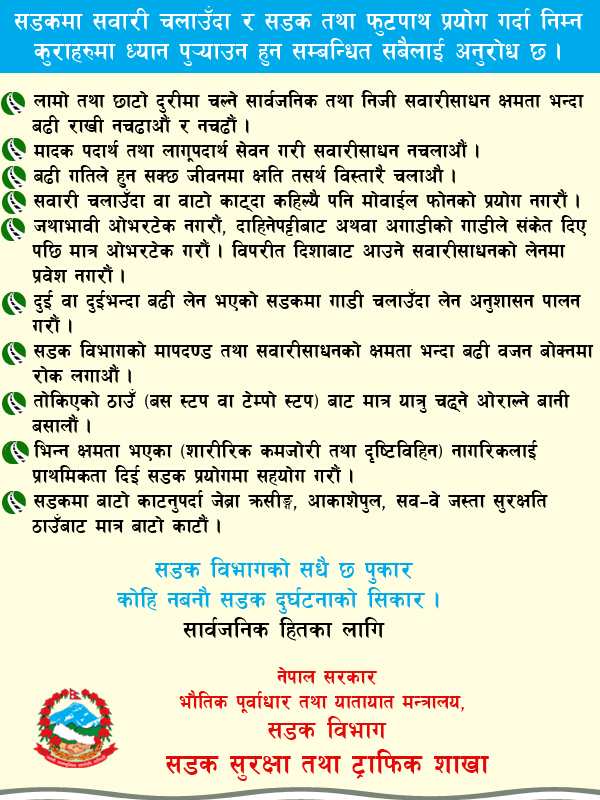UNITED NATIONS- The number of migrant children reported in Mexico has increased sharply, jumping from 380 to nearly 3,500 since the beginning of the year, the United Nations Children’s Fund (UNICEF) reported on Tuesday.
Children comprise at least 30 percent of migrants in Mexican shelters, who come from Honduras, Guatemala, El Salvador and the country itself. Half have travelled without their parents, which is among the highest proportions ever recorded in Mexico.
The agency estimates that an average of 275 additional migrant children find themselves in Mexico every day after being detected by the authorities, waiting to cross into the United States, or being returned.
Against the backdrop of the COVID-19 pandemic, the rise in unaccompanied migrant children, and the arrival of entire families with children, has put significant strain on Mexican assistance centers.
The journey from their homelands towards the United States – often on the run from violence and destitution – is perilous, and can last up to two months, amid extremely harsh conditions, the agency said.
UNICEF has collected harrowing testimonies of sexual abuse, extortion, kidnapping and human trafficking, among other violations. Some migrant women tearfully told UNICEF they were deprived of food, had their belongings confiscated, or slept on the floor, covering their children with their own bodies to keep them warm at night.
Last year, UNICEF welcomed Mexico’s decision to reform its migration and refugee laws, which ban immigration detention for children and prioritize the best interests of migrant children in the development of immigration policies affecting them. It is critical that the international community support efforts towards the successful implementation of these reforms, the agency said.
UNICEF has also called on the international community to place children and women at the heart of all investment plans across Honduras, Guatemala, El Salvador and southern Mexico, in efforts to create better living conditions and opportunities for communities.
Last year, more than 7,160 “children on the move” benefited from UNICEF-supported assistance in Mexico, such as protection and psychological services, recreational and learning activities, and accommodation.
UNICEF and partners have been scaling up humanitarian response across Central America and Mexico in recent months, including stepping up presence at the Mexico-U.S. border.
So far, over 2,100 migrant children have received assistance, and an additional 10,000 children and their parents will be reached this year.
However, with needs on the rise, and expected to remain high in the coming months, UNICEF is seeking 23 million U.S. dollars to fund operations in Mexico to provide vulnerable groups with access to education, improved water and sanitation facilities, life skills and vocational training, alternative care, and violence protection activities. Enditem
(Xinhua)
























